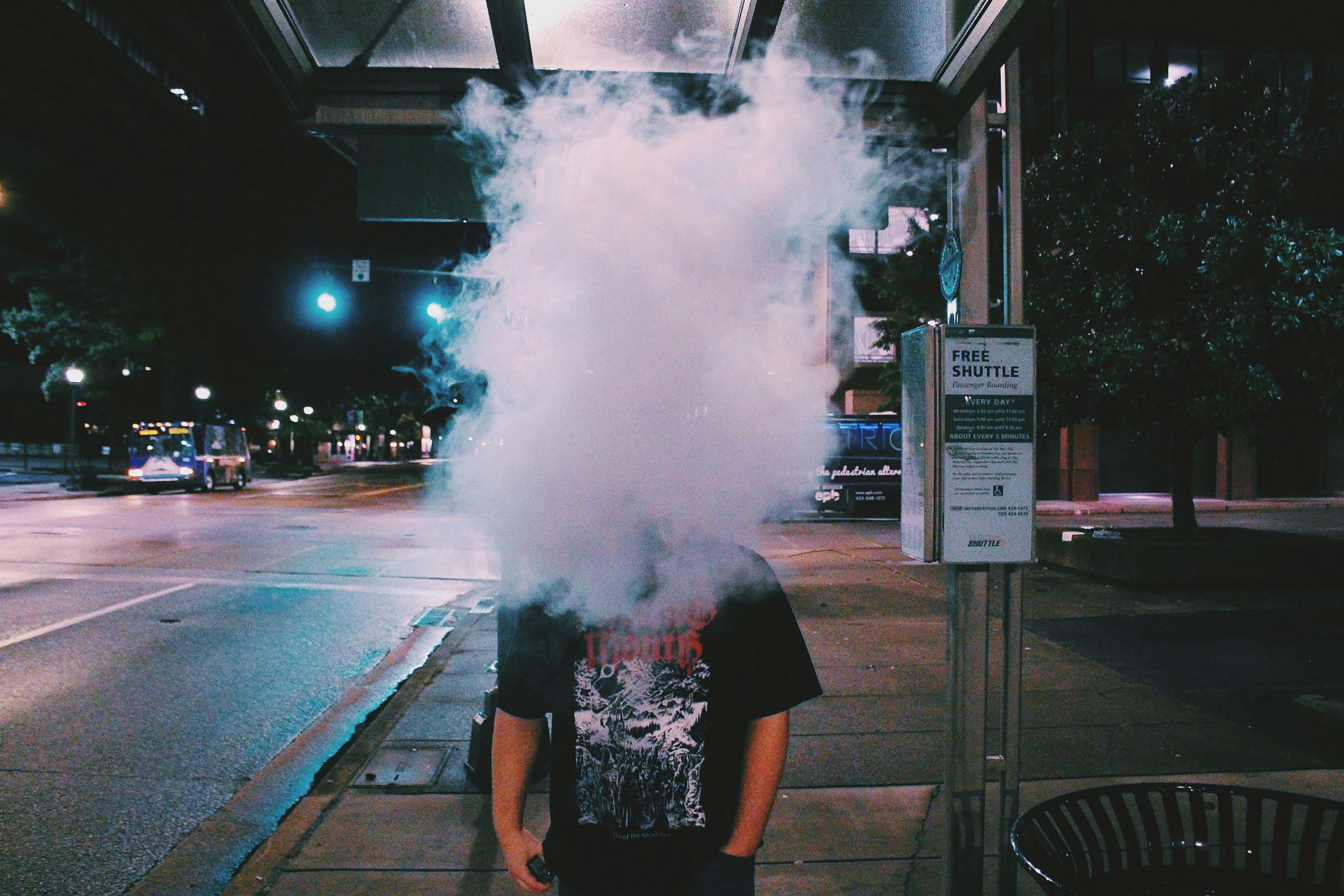Trauma significantly impacts mental, emotional, and physical well-being, especially for individuals in drug and alcohol recovery, making it vital to recognize the spectrum of traumatic experiences for healing. The article explores various types of trauma—acute, chronic, and complex—and their associated symptoms, including emotional dysregulation and difficulties in relationships, as well as neurobiological effects on the brain. It emphasizes effective coping strategies like professional help, mindfulness, and self-care to navigate the non-linear journey of trauma recovery.
Trauma is a complex and often misunderstood phenomenon that can profoundly affect an individual’s mental, emotional, and physical wellbeing. For those in drug and alcohol recovery, recognizing the spectrum of traumatic experiences is not just important; it is vital for healing. Understanding how various types of trauma manifest can empower individuals to address their pasts and build healthier futures. Read on to learn about the different types of trauma, the symptoms associated with them, and effective coping strategies for recovery.
Understanding the Types of Traumatic Experiences
Trauma can be categorized into several types, each with unique characteristics and impacts on the individual.
Acute Trauma
This results from a single, distressing event, such as a car accident, natural disaster, or assault. While acute trauma can be intense, many individuals may recover naturally over time.
Chronic Trauma
This arises from prolonged exposure to distressing events, such as ongoing domestic violence or prolonged neglect. Chronic trauma often leads to persistent trauma symptoms and may require intensive therapeutic intervention.
Complex Trauma
This involves exposure to multiple traumatic events, often during critical developmental periods. Examples include repeated childhood abuse or neglect. Individuals with complex trauma may develop complex PTSD (C-PTSD), which has distinct symptoms that go beyond traditional PTSD.
Understanding these types of trauma is essential for those in recovery, as they can often be linked to substance abuse. Research indicates that individuals who have experienced childhood trauma are significantly more likely to engage in substance use as a coping mechanism.
The Impact of Childhood Trauma
Childhood trauma can have long-lasting effects on an individual’s mental health and behavior. Studies show that approximately 83 percent of teens experience at least one traumatic event during adolescence, with about 15 percent of girls and 6 percent of boys developing PTSD. The long-term effects of childhood trauma can include
- Emotional dysregulation: Difficulty managing emotions, leading to outbursts or emotional numbness.
- Behavioral issues: Increased likelihood of engaging in risky behaviors, including substance use.
- Cognitive impairments: Challenges with memory and concentration, often resulting from trauma’s impact on brain development
Recognizing the signs of childhood trauma is crucial, especially for those in recovery who may still be grappling with its effects.
Signs of Complex Trauma
Complex trauma can manifest in various ways, often complicating the recovery process. Key signs include
- Difficulties in relationships: People may struggle with trust and intimacy, making it hard to form healthy relationships.
- Negative self-concept: Feelings of worthlessness, guilt, or shame are common.
- Emotional instability: Individuals may experience intense emotions or emotional numbness.
For those seeking help for complex PTSD after abuse, understanding these symptoms is the first step toward healing.
The Neurobiological Effects of Trauma
Trauma affects not only mental health but also brain function. Emotional abuse can alter brain structures, leading to issues with emotional regulation and stress response. The amygdala, responsible for processing emotions, may become overactive, causing individuals to feel constantly threatened.
This neurobiological impact can complicate recovery efforts, as individuals may find themselves in a perpetual state of hyperarousal or emotional numbness. This is why it’s essential to recognize that trauma responses extend beyond the traditional fight-or-flight reactions.
Identifying Trauma Responses
Trauma responses can take many forms, including
- Fight: Confrontational behavior in response to perceived threats.
- Flight: Avoidance of situations or people that trigger memories of trauma.
- Freeze: Feeling immobilized or unable to respond in stressful situations.
- Fawn: People-pleasing behaviors developed as a survival mechanism in abusive environments.
Understanding these trauma responses can help individuals in recovery identify their behaviors and work toward healthier coping mechanisms.
Coping Strategies for Emotional Trauma
Recovery from trauma is a journey that requires effective coping strategies. Here are some actionable insights for managing emotional trauma:
Establish Safety
Create a safe environment where you can express yourself without fear of judgment. This may involve seeking support from trusted friends or professionals.
Mindfulness and Grounding Techniques
Engage in mindfulness practices, such as meditation or deep breathing exercises, to help manage overwhelming emotions and stay present.
Seek Professional Help
Therapy modalities like cognitive behavioral therapy (CBT) or eye movement desensitization and reprocessing (EMDR) are effective for trauma recovery.
Physical Self-Care
Prioritize activities that promote physical health, such as regular exercise, balanced nutrition, and sufficient sleep. These practices can help mitigate the physical symptoms of trauma.
Expressive Arts
Engage in creative outlets like art, music, or journaling to process emotions non-verbally.
The Healing Process
The trauma recovery process is not linear and often requires patience and support. Understanding the impact of intergenerational trauma can also provide context for personal experiences. Recognizing that trauma can be passed down through generations can help individuals understand their emotional responses and behaviors.
For those in recovery, acknowledging the spectrum of traumatic experiences can facilitate healing. It’s essential to remember that recovery is a journey, not a destination. By seeking help and employing effective coping strategies, individuals can reclaim their lives from the shadows of trauma.
Recognizing the spectrum of traumatic experiences is crucial for anyone on the path to recovery. Understanding the types of trauma, their symptoms, and the neurobiological effects can empower individuals to seek appropriate help and develop effective coping strategies.
If you or someone you know is struggling with the effects of trauma, remember that you are not alone. By addressing trauma, individuals can break free from the cycles of substance abuse and build healthier, more fulfilling lives. At Mountainside, we offer individualized and comprehensive treatment for both substance abuse and co-occurring disorders so you can grow in your recovery. Talk to an admissions specialist today to discuss your options.
If you or a loved one is struggling with addiction, Mountainside can help.
Click here or call (888) 833-4676 to speak with one of our addiction treatment experts.

 By
By 







